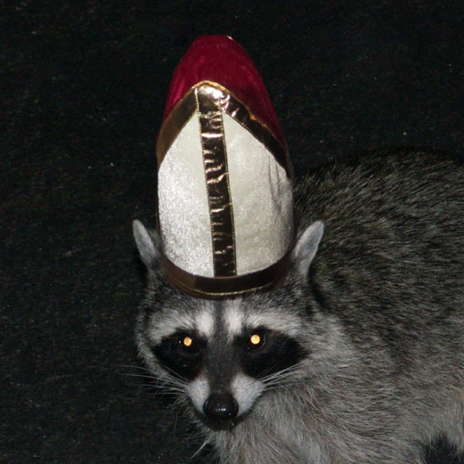The Enterprise faces the worst threat in the galaxy: a seventeen-year-old boy with godlike powers.
Synopsis
The science ship Antares transfers a passenger to the Enterprise, and the captain of the Antares can’t leave fast enough. Charlie Evans runs into Yeoman Rand, and his hormones leave him paralyzed.
In a recreation room, Spock plays the lute and Uhura sings—first about Spock, then about Charlie. Charlie can’t handle being the center of attention, and uses his mind powers to silence Uhura. He tries to hit on Rand with card tricks, which entertains her, but doesn’t seal the deal.
His powers become increasingly apparent. Kirk initially manages to play the adult and keep him somewhat in line, but eventually Charlie’s rebelliousness overtakes his submissiveness. He starts making people vanish, including Rand.
Kirk figures Charlie can’t simultaneously control the Enterprise and defend himself from attack. He tells Spock and McCoy to try and jam him, by spuriously running ship systems. This doesn’t exactly work, but the aliens who gave Charlie his powers show up and take him with them.
Commentary
By my count—and it’s been a while since I’ve fully watched the original series—Roddenberry created four gods: Gary Mitchell (TOS 1x01, “Where No Man Has Gone Before”), Charlie Evans (this episode), Trelane (TOS 1x18, “The Squire of Gothos”), and Q (TNG 1x01, “Encounter at Farpoint”). He also co-opted some gods for “Who Mourns for Adonais?” (TOS 2x04). I may be missing some.
What’s interesting is that two of them are children, and Q is child-like. The big connecting thread is what utter contempt Roddenberry had for God. TNG even pulled the same gambit, that mommy and daddy show up and scold God (TNG 3x13, “Deja Q”), though I’m pretty sure by that time Rick Berman was in charge.
Star Trek is a franchise about secular humanism, that we can overcome ourselves and not just reach for the stars, but deserve the stars. In that sense, the greatest threat is debasement and degeneracy, and nothing is more debased and degenerate than God.
On a separate note, I wish Nichelle Nichols had gotten more time in the spotlight. A few people tried to do music after the original series ended: there’s William Shatner’s awkward cover of “Rocket Man”, and Leonard Nimoy’s “Ballad of Bilbo Baggins”, but Nichelle Nichols was actually good.


So also, not surprisingly, the Prophets/wormhole aliens are by far the weakest part of Deep Space Nine. Especially when it comes to shit like “Sacrifice of Angels” (DS9 6x06). Deus ex machina like the thasians showing up at the end of “Charlie X” is just two wrongs making a right, and it’s one of two obvious endings for the misfit god story (the other one being “Devil’s Due,” TNG 4x13).
Taking the wormhole aliens seriously was just such a shame.